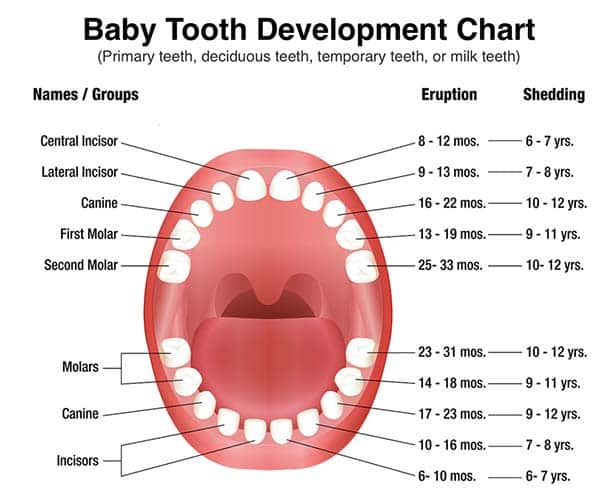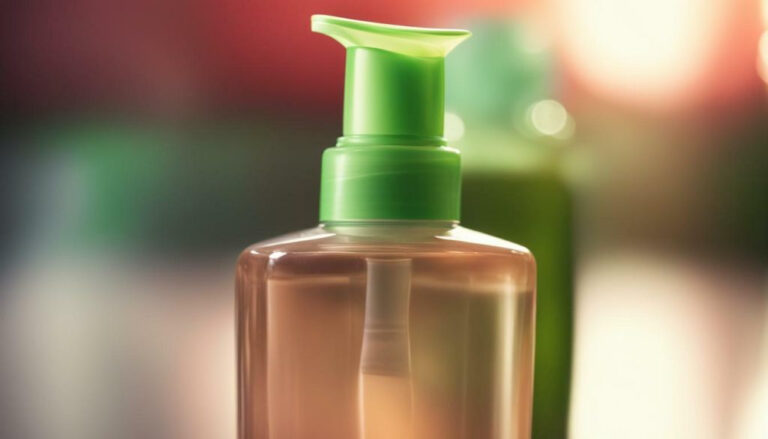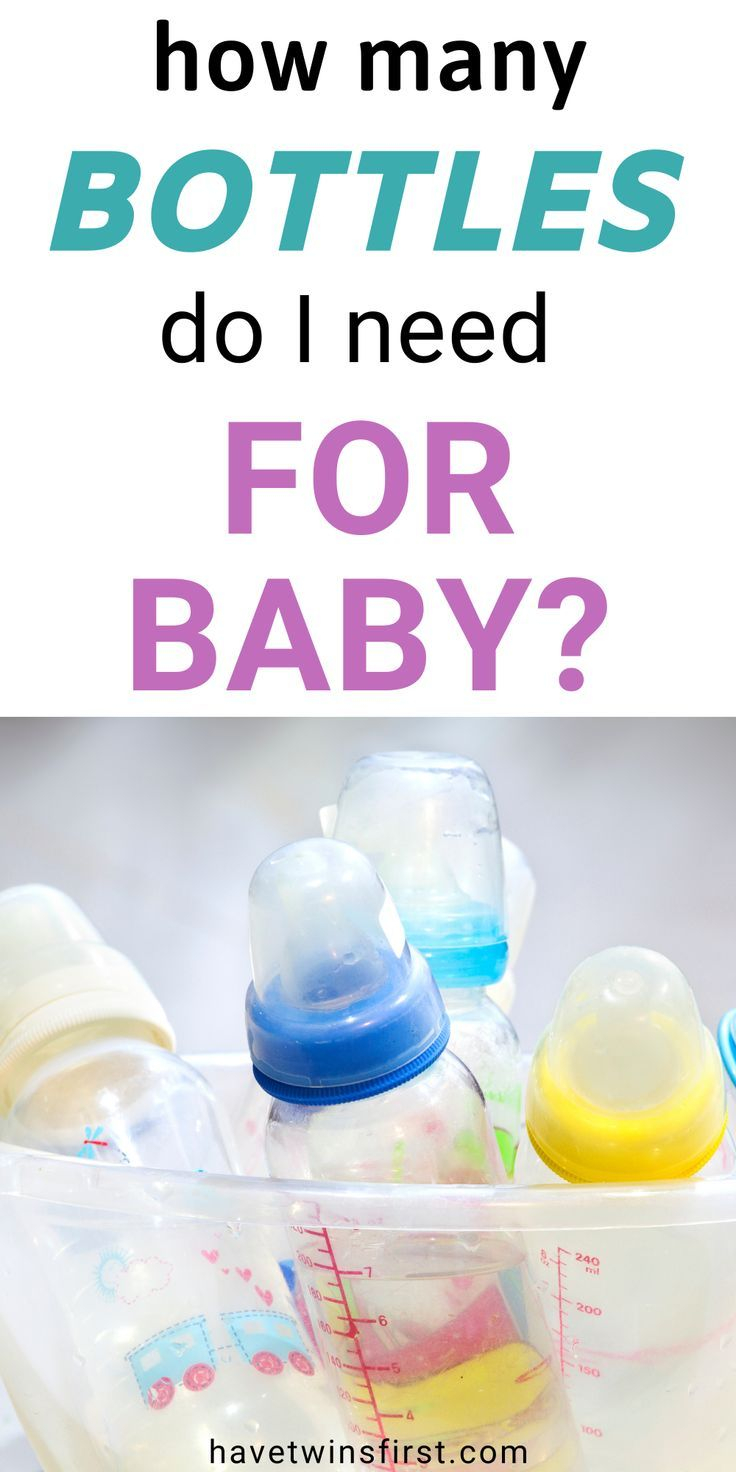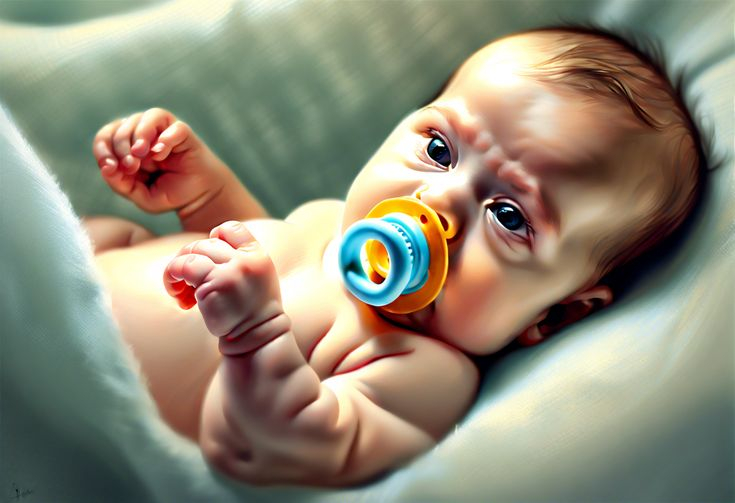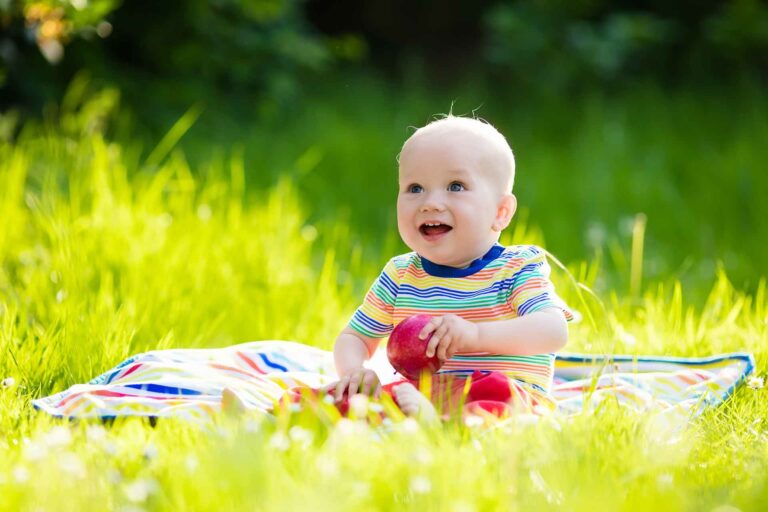How Many Baby Teeth Are There: A Comprehensive Guide
Are you a parent or caregiver wondering about your child’s dental development? Understanding how many baby teeth are there and the process of their eruption can help you ensure your child’s oral health. In this detailed guide, we will explore everything you need to know about baby teeth, from how many there are to when they typically emerge and what to expect along the way.
Knowledge
When it comes to baby teeth, also known as primary teeth or deciduous teeth, there are a total of 20. These teeth start to develop even before birth and usually begin to emerge between the ages of 6 months to 1 year. The eruption of baby teeth typically follows a specific pattern, with the lower central incisors appearing first, followed by the upper central incisors, lateral incisors, first molars, canines, and second molars.
It is essential to monitor your child’s dental development and ensure proper oral hygiene from an early age. Regular dental check-ups and proper brushing and flossing techniques can help maintain your child’s oral health and prevent dental issues in the future. Baby teeth play a crucial role in speech development, chewing, and maintaining space for permanent teeth to erupt properly.
As your child grows, their baby teeth will eventually start to fall out to make way for permanent teeth. This process usually begins around the age of 6 and continues until the early teenage years. The sequence of losing baby teeth follows a similar pattern to their eruption, with the front teeth being the first to go, followed by the molars and canines.
If your child experiences any delays or abnormalities in their dental development, it is essential to consult a pediatric dentist for a thorough evaluation and appropriate treatment. Early intervention can help address any issues and ensure your child maintains a healthy smile for years to come.
Conclusion
In conclusion, understanding how many baby teeth are there and the process of their eruption is vital for parents and caregivers. By staying informed about your child’s dental development and practicing good oral hygiene habits, you can help ensure their oral health and overall well-being.
Key strengths of this guide include providing detailed information on baby teeth, their development, and the importance of proper dental care. The target audience for this article is parents, caregivers, and anyone interested in learning more about baby teeth and their significance in oral health.
Ultimately, baby teeth play a crucial role in your child’s overall health and development. By taking care of their primary teeth and monitoring their dental progress, you can set them up for a lifetime of healthy smiles and confident dental visits. Stay informed, be proactive, and prioritize your child’s oral health from an early age.
